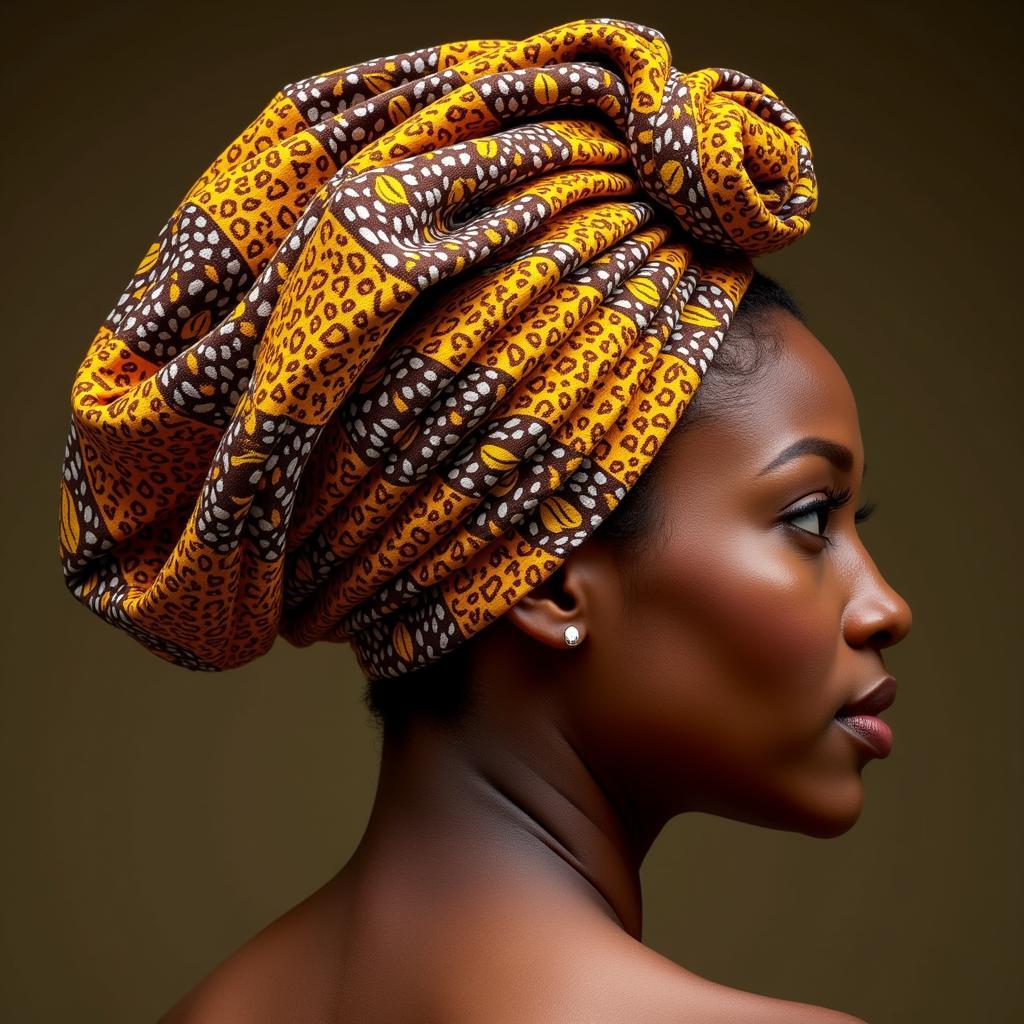The Truth About African Bleaching Products: A Deeper Look
The allure of lighter skin tones has permeated various cultures around the world, and Africa is no exception. The desire for a lighter complexion has fueled a booming market for skin-lightening products, often referred to as “bleaching” products. While these products promise a brighter future, the reality is far more complex and can have serious consequences for both individual health and society as a whole.
This article delves into the intricate world of African Bleaching Products, exploring the reasons behind their popularity, the potential health risks, and the cultural and social implications they carry. By understanding the multifaceted nature of this issue, we can foster a more informed dialogue and promote healthier choices for individuals and communities.
The Roots of Skin Bleaching in Africa: A Historical Perspective
The desire for lighter skin in Africa is deeply rooted in history. During colonial times, European colonizers often associated lighter skin with beauty, intelligence, and social status. This created a hierarchy where those with lighter complexions were favored, leading to internalized notions of racial superiority. This legacy continues to shape perceptions of beauty and societal values in many African communities.
The Influence of Global Media and Celebrity Culture
Beyond historical influences, contemporary media and celebrity culture play a significant role in perpetuating the desire for lighter skin. Images of light-skinned individuals often dominate media platforms, reinforcing the idea that lighter skin is more desirable. This trend has led many to believe that achieving a lighter complexion can unlock social and economic opportunities.
Understanding the Health Risks of African Bleaching Products
While the quest for lighter skin might seem harmless, the use of skin-bleaching products often poses serious health risks. Many of these products contain harsh chemicals, such as hydroquinone, mercury, and steroids, which can lead to:
- Skin Irritations and Allergies: Bleaching products can cause redness, dryness, itching, and severe skin reactions, especially in individuals with sensitive skin.
- Skin Discoloration and Pigmentation Problems: Long-term use of bleaching creams can lead to uneven skin tone, hyperpigmentation (dark spots), and hypopigmentation (light patches).
- Skin Thinning and Weakening: The chemicals in bleaching products can weaken the skin, making it more susceptible to sun damage, infections, and other skin problems.
- Endocrine Disruption and Systemic Effects: Some ingredients found in bleaching products, such as mercury, can interfere with hormone production and lead to systemic health issues.
The Invisible Dangers of Mercury
Mercury, a common ingredient in many skin-lightening products, is particularly concerning. This toxic heavy metal can accumulate in the body, leading to a range of health problems, including neurological damage, kidney damage, and reproductive issues.
“Even small amounts of mercury exposure can have serious consequences, especially for pregnant women and young children,” cautions Dr. Aminata Diallo, a renowned dermatologist specializing in skin health in Africa. “It is crucial to be aware of the dangers of mercury and to avoid products containing this harmful chemical.”
Addressing the Cultural and Social Dimensions of Skin Bleaching
The desire for lighter skin in Africa is not simply a matter of personal preference. It’s deeply entwined with complex social and cultural factors that perpetuate a cycle of self-doubt and insecurity.
The Importance of Embracing Diversity
It is essential to challenge the idea that one skin tone is superior to another. Celebrating the diversity of skin tones within African communities is crucial to dismantling the harmful ideologies that drive skin bleaching practices.
Promoting Body Positivity and Self-Acceptance
Encouraging self-acceptance and embracing one’s natural beauty is paramount. By fostering a culture of body positivity, we can empower individuals to feel confident in their own skin, regardless of their complexion.
“It’s time to redefine beauty and recognize the beauty in our natural diversity,” says Nana Adwoa, a prominent African beauty blogger. “We need to shift the narrative and empower individuals to appreciate the unique qualities that make them who they are.”
Making Informed Choices for Skin Health
Choosing safe and effective skincare products is essential for maintaining healthy skin. When selecting skincare products, prioritize products that:
- Avoid harsh chemicals and ingredients: Look for products free from hydroquinone, mercury, and steroids.
- Contain natural ingredients: Opt for products with natural ingredients that are gentle on the skin.
- Are formulated for your skin type: Choose products specifically designed for your skin type, whether it’s dry, oily, or sensitive.
Conclusion
While the desire for lighter skin is a complex issue with deep historical and social roots, it’s important to understand the health risks associated with skin-bleaching products. Choosing safe and effective skincare products, embracing diversity, and promoting self-acceptance are crucial steps towards fostering a healthier approach to beauty in Africa. By understanding the cultural and social implications of skin bleaching and promoting healthy choices, we can create a more informed and empowered society that values diversity and celebrates the beauty in all its forms.
FAQ
Q: Are all skin-lightening products harmful?
A: Not all skin-lightening products are harmful. However, it’s crucial to be aware of the ingredients and potential risks. Products containing harsh chemicals like hydroquinone, mercury, and steroids should be avoided.
Q: What are some safe alternatives to skin-bleaching products?
A: Safe alternatives include using natural ingredients like lemon juice, yogurt, and honey to brighten the skin gradually. It’s also essential to practice sun protection and maintain a healthy diet for glowing skin.
Q: What can I do to promote positive body image in my community?
A: You can encourage self-acceptance by:
- Talking openly about beauty standards: Initiate conversations about the harmful impacts of unrealistic beauty standards.
- Celebrating diversity: Highlight the beauty of different skin tones and body types within your community.
- Supporting body-positive initiatives: Advocate for campaigns and organizations promoting body positivity and self-love.
Q: Where can I find more information about safe and effective skincare practices?
A: You can consult with a dermatologist or skincare professional to receive personalized advice on safe and effective skincare routines for your specific needs. You can also access reliable information from reputable health organizations and websites.


